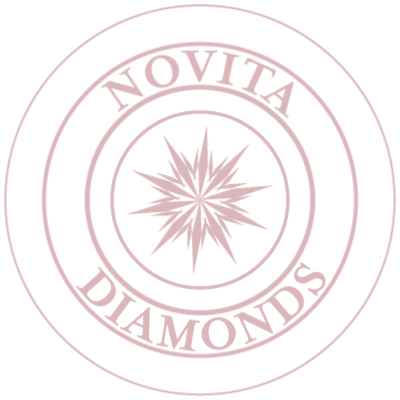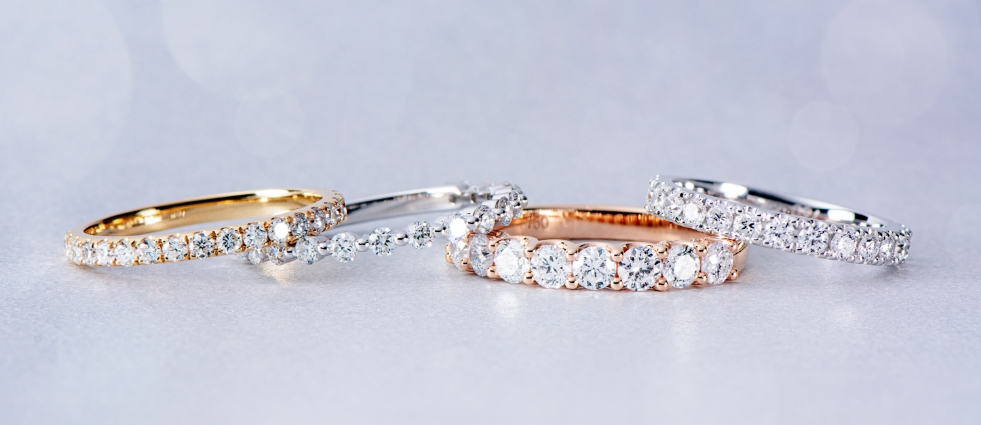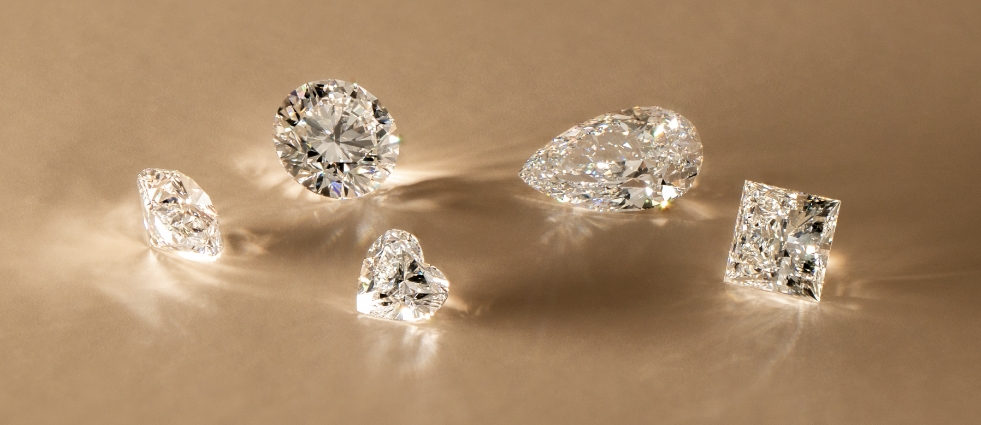In many blogs, you will see a variation of the statement: "Mined diamonds hold their value" repeatedly. It has been on our radar for quite some time, and we would like to explore it further. You may be surprised to find out that the dying mined diamond industry financially supports each of these bogs covertly in an effort to influence public perceptions in a more positive manner. It has, however, been only recently that the monopoly enjoyed by the mined diamond industry has finally ended.
Technological advances are causing industries to undergo seismic shifts, forcing key players to adapt or risk extinction. The end of a monopoly usually brings about a revitalisation that benefits consumers, markets, and, in the case of mining diamonds, the planet as well. In short, there has never been a better time to buy an engagement ring.
AN INVESTMENT IS ONLY AS VALUABLE AS SOMEONE ELSE IS WILLING TO PAY FOR IT!
Supply and demand have determined a product's, service's, or investment's price for thousands of years. Today, that principle remains demonstrably true despite the complexity of our global cashless economy and burgeoning cryptocurrency industry.
Our article, which industry experts have carefully crafted, contains an in-depth examination and analysis of this topic. Additionally, we will identify the major factors affecting the resale price of mined diamonds.
Environmental factor.
Increasingly, young consumers are finding environmentally friendly alternatives to help combat climate change as a result of the growing effects of global warming. Due to the extensive environmental damage mined diamonds cause, including the loss of animal habitats, contamination of drinking water, and deforestation, mined diamonds are becoming increasingly something to avoid at all costs. The extensive amount of destruction left behind by mined diamonds on their way to jewellery stores can be seen by prospective customers by simply searching for "diamond mine images" on Google.
Ethical perspective.
Mined diamonds are a perfect example of how ethical and environmental considerations go hand in hand. Many types of environmental crimes have been committed by the diamond mining industry, in addition to its exploitation of slave labour. For many years, they operated in impoverished and corrupt African countries with no oversight, so their actions had no consequences. As a result, "blood diamonds" became synonymous with mined diamonds in order to convey the human cost of mining. The diamond industry is characterised by systemic corruption and greed, so determining whether diamonds labelled "conflict-free" were actually mined without exploiting enslaved people is virtually impossible.
With all those appalling sufferings and destructions associated with mined diamonds, it should come as no surprise that conscientious consumers remain unenthusiastic about them, and we can expect this trend to continue as younger and more informed consumers enter the market. When a lab grown diamond is not only more affordable, but also truly "conflict-free," why would anyone want to honour their love and commitment with a mined diamond that
causes so much suffering for so many?









